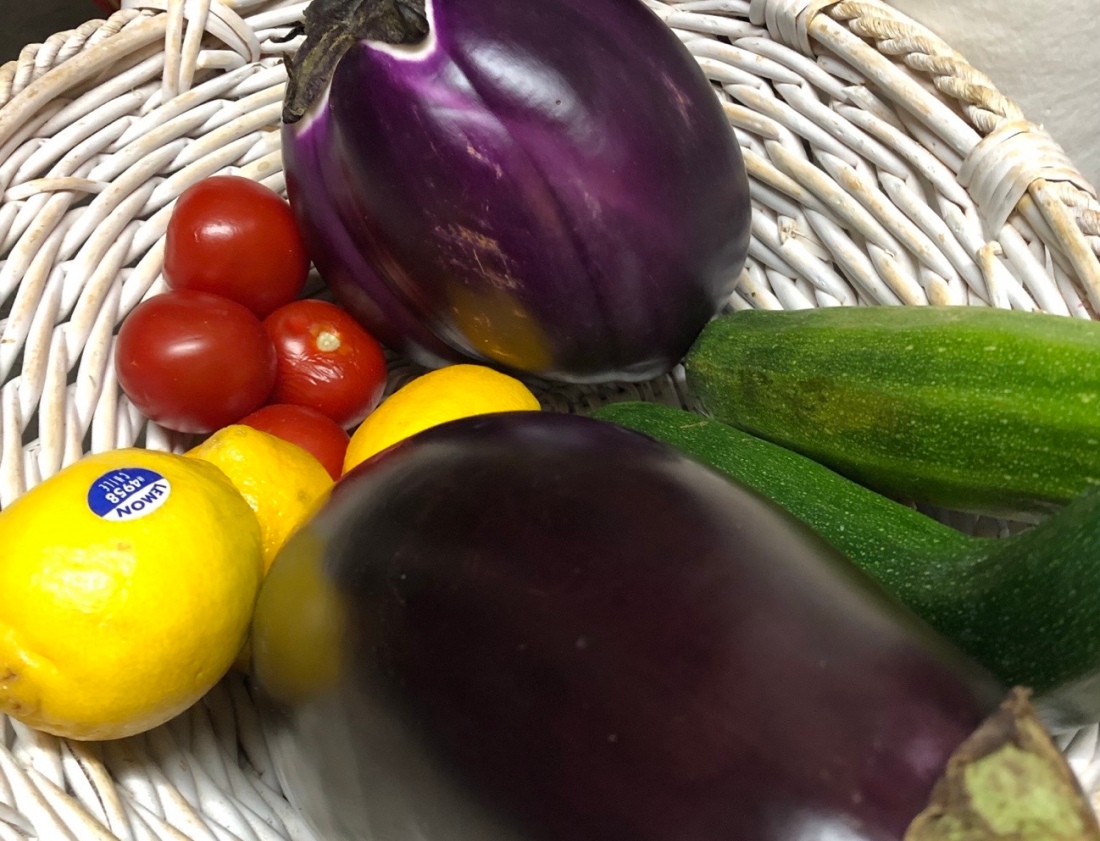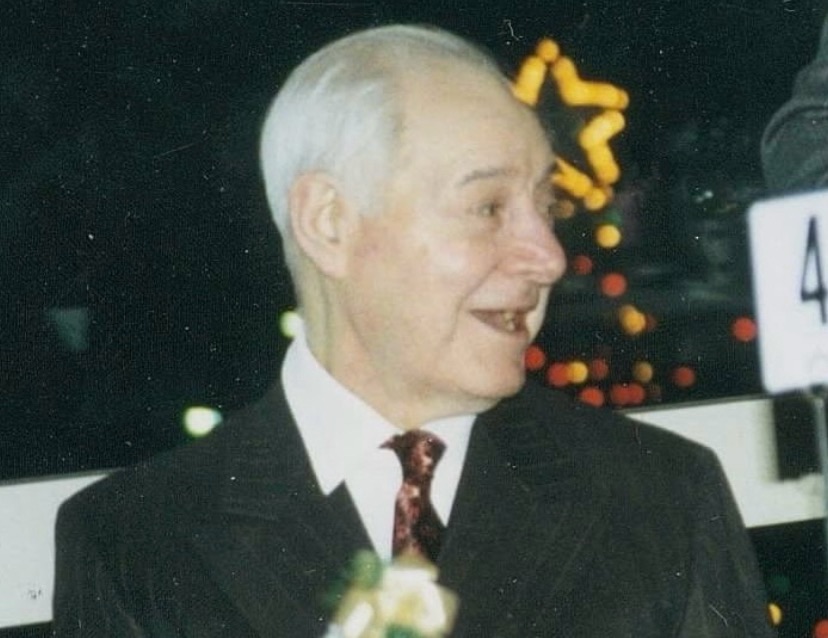
I couldn’t have been much more than seven, eight years old. It was another sparkling summer day in my grandparents’ yard, playing ball with my friends. We had makeshift bases to simulate a baseball diamond in that expansive space, and I was charging hard around them after a drive to the “outfield,” near the fence, heading for home plate.
Trying to score a run, I slid feet first into home, unaware of a rock protruding from the ground near the makeshift base. During the slide, the rock gashed the skin inches from my ankle bone.
From there, the memory of this sixty year old me is a little cloudy.
I don’t recall if the injury was serious enough to warrant medical attention, or just a quick tape job to stop the bleeding.
I saw my Zio Mariano (“Uncle Mario”) in the front yard, and hobbled over, calling out to him to check out my wound. The look of concern on his face said it all: this kid’s hurt!
I don’t remember any trips to the hospital that day, but his look of concern covered all the bases (pardon the pun): whether a small cut or something in need of stitches, it was Uncle Mario to the rescue.
And that’s the way it always was as I was growing up – no matter the trouble a younger me got into, I was sure an Italian immigrant would have my back.
Luckiest Man
Most history buffs and baseball aficionados are familiar with the story of Lou Gehrig. A star first baseman for the Yankees – known as the “Iron Horse” for his 2,130 consecutive-games-played streak – he is perhaps most famous for the disease that bears his name: ALS, or amyotrophic lateral sclerosis.
Later to be known as “Lou Gehrig’s Disease.”
You may also remember grainy black and white film footage where he uttered these famous words at a home plate retirement ceremony at Yankee Stadium: “For the past two weeks you have been reading about (my) bad break. Yet today I consider myself the luckiest man on the face of the earth.”
He knew the possible ramifications of his illness, but faced it with an attitude of appreciation for all that life had given him.
A Lucky Childhood
Baseball was always a metaphor for the sun soaked days of my upbringing – whether it was playing ball with friends (and hopefully not hurting myself), slamming a rubber ball against the rear wall of my grandparents’ brick ranch for hours, or listening to a Yankee game with my grandfather while sipping espresso on the back patio – baseball came to symbolize several of the many facets of growing up surrounded by Italians.
My lucky streak was colored not just by my grandparents, and my rescuer Uncle Mario, but also by many others: my other great uncle Antonio, farm boy strong, capable of overturning a huge rototiller on his own.
My grandmother’s sisters, Carmela and Nicolina, the latter shaping a great deal of my later life.
The great uncle I never met, Dominick, killed in action during World War II, but always a living legend whose stories I heard frequently back in the day.
Lucky charms included not only being part of a tight knit family, but also growing up in a tight neighborhood.
You could do nothing on our street – and I mean nothing – without the ladies across the way, Katie Germano and Carm Muscatello, knowing about it and sharing the intel with the rest of us.

I was lucky to learn the importance of work ethic from them all. To be part of picnics with insane amounts of food.
Being able to sip homemade wine in my youth (cue Uncle Mario again!). Gleaning the value of not only work, but relationships and social connections that were rooted at the immigrant experience in our neighborhood.
Time may change me, but I can’t trace time
David Bowie
It’s a lucky streak that I’m not sure families, friends, and connections have now, especially growing up. Whether the obstacles be ever more intrusive technology, or a pandemic that nobody expected, the path can be different.
You might say I was just lucky to grow up when I did.
I drove down that street where I grew up just the other day, and my memories are colored by images that look much different. Various parts of that street are now in decay, my childhood home has graffiti on it, and the shrubs in front of my grandparents’ house have overgrown, now resembling trees.
Is “Lou Gehrig lucky” a bit of an overstatement? Probably. But, it’s all perception as to how you see your life and the fortunes you’ve been blessed or cursed with.
I’ve never stood at home plate in Yankee stadium, but I’ve slid into home plate on a long forgotten summer day in my own magical arena, surrounded by fruit trees and vegetable gardens, with an unparalleled support system looking on.
And that was always good enough for me.
Like this article? There are 145 more like it on this site. Browse around! It would be helpful if you could share on your favorite social media channel. For additional articles, see the related content below, and to be notified of future posts, please enter your email in the space provided.









